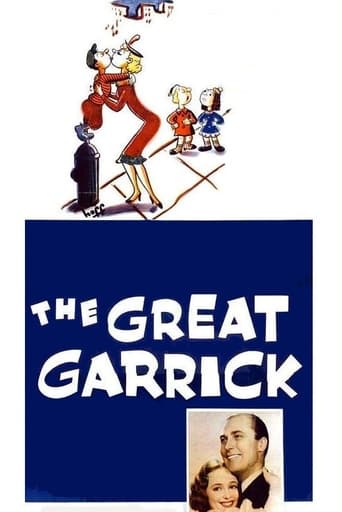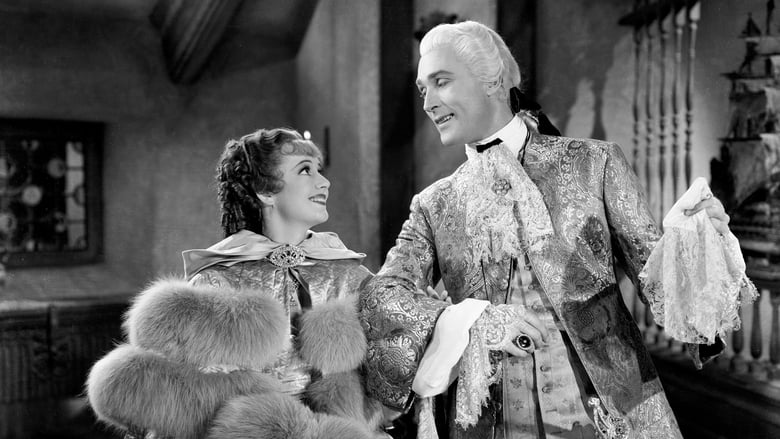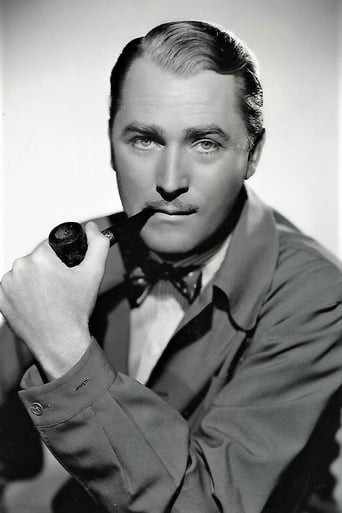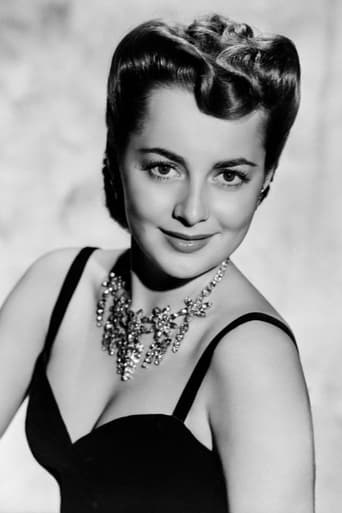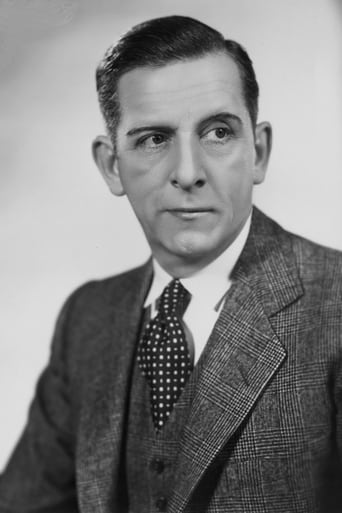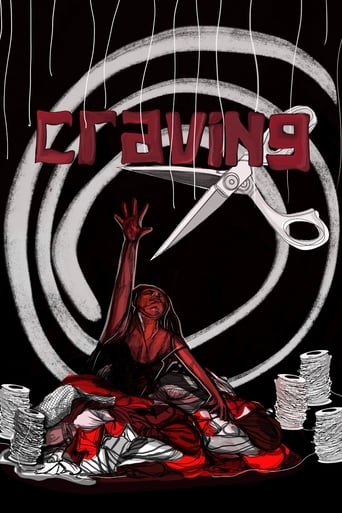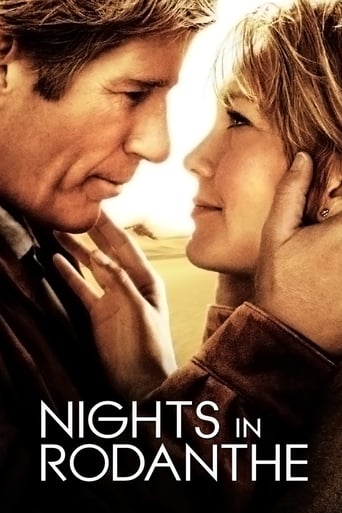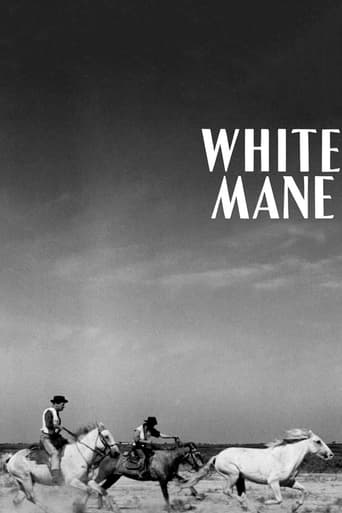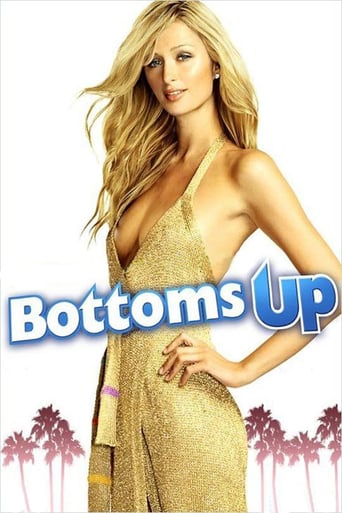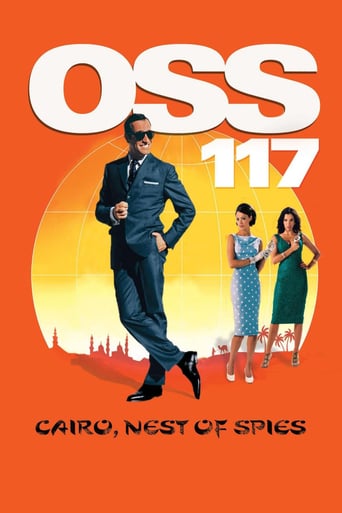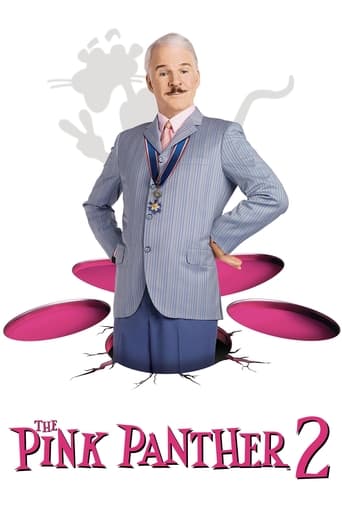The Great Garrick (1937)
A British actor insults a French acting group only to fall victim to a prank that might destroy his career.
Watch Trailer
Free Trial Channels
Cast


Similar titles
Reviews
Save your money for something good and enjoyable
Horrible, fascist and poorly acted
Good idea lost in the noise
Absolutely brilliant
Most movie fans would probably enjoy this film as a good comedy- romance. It is that. Those who are drawn to history will appreciate the film also for its portrayal of a real prominent person, David Garrick. And, people who love the stage and theatre will enjoy the display of acting and actors of the mid-18th century. "The Great Garrick" is all of this and more. Considering some of the history of the time, and the plot and script of this film, I think it has one more attribute – satire. Nicely nestled in the comedy and romance, and the ruse of the plot, is a wonderful spoofing of the stage and acting of the day. Most notably, that of the French and the Comedy Francaise. The cast for this film all are excellent. Brian Aherne was a leading man of the 1930s and gives a superb performance as David Garrick. From the historical accounts, Aherne's Garrick seems to nail the character. Garrick was the best actor on the English stage in the mid-18th century. He had an ego, naturally, and he was mocked by some for his vanity. But he had great talent and he enjoyed the adulation of audiences everywhere. He also had many inconspicuous charities, and was a great producer and theater manager. Mostly, he was known for breaking with the long-standing French-imposed method of acting. Until his time, actors were pompous and gave bombastic recitations of their lines. Garrick introduced natural delivery and was an immediate success and overnight star of stage. The film shows these differences with wonderful spoofing of the French. Garrick explains to Monsieur Picard, how he had discovered the plot against him staged by the Comedy Francaise. Picard, the president of the French theater, indeed exaggerated his movements while posing as the innkeeper of the Adam and Eve Inn. Garrick showed how a real innkeeper would walk, stooped after many years of climbing stairs, versus Picard's majestic strutting. Then he showed how a real waiter carried a tray – with one hand, versus the way the stage crew handled it with both hands. Edward Everett Horton plays Tubby, Garrick's valet and man for all tasks. Horton was one of the best supporting actors of the day, especially for comedy. He shines in his role here. The up and coming Olivia de Havilland shows signs of her great acting ability, playing Germaine. Melville Cooper is wonderful as Picard, overacting the role just enough to cement the satire of the film. Others of the cast have even more exaggeration. A young Lana Turner is a maid. Although Aherne stood six feet, three inches and was tall for the 20th century, Garrick was just under average height of English males in 1750. He was five feet, four inches. But he was a handsome, talented man who fast made friends. He was a ladies man for a time and had a long relationship with a leading Irish actress of the day, Peg Woffington. While Garrick helped improve her skills, she wouldn't be tied down in marriage. Garrick did have a number of love affairs until, at age 32, he married Eva Marie Veigel in 1749. They had a 30- year happy marriage that lasted until his death.Besides his acting, Garrick was a poet and playwright. He produced and directed plays and soon became the co-manager of the Royal Theater at Drury Lane. His management of Drury Lane not only saved and revived that theater, but led to new techniques and better stage quality of sets, design, and professional production. Garrick was equally adept at comedy and tragedy. With his slightly shorter physical stature, he gradually moved out of the more youthful roles to play more mature parts. Garrick had attended school in Litchfield, home of Samuel Johnson. At age 19, he enrolled in Johnson's Edial Hall School. After Johnson's school closed, he and Garrick traveled to London together. They would be friends for life. Garrick began his acting career at 24 in 1741, as an anonymous replacement for an actor who had fallen ill. He stayed with a road company but kept his acting a secret from his family for a while. Acting was a lowly regarded profession at the time. But, with his title role in "Richard III," he won instant recognition. Within six months, he had 18 roles and had become the talk of London. Unlike his friend Samuel Johnson, who seemed to live and work on the edge of poverty for most of his life, Garrick soon became prosperous from his acting, writing and related work. Poet Alexander Pope saw Garrick in three plays early on and declared, "That young man never had his equal as an actor, and he will never have a rival." The Encyclopedia Britannica says, "Garrick, though highly strung and sensitive, had a strong vein of common sense and remarkable staying power." Garrick was the first actor allowed to be buried in Poets' Corner at Westminster Abbey. Two others have since been buried their – Henry Irving in 1905, and Laurence Olivier in 1989. This is a wonderful comedy-romance and satire, with several prominent actors and up and comers before the mid-20th century. Movie fans and friends should enjoy it.
The reviews on here really range from very positive to very negative, and I'm not sure why. I found this a very well-paced comedy that works in great part because the Warner character actors are so good, starting with Edward Everett Horton and Melville Cooper. Cooper in particular gets to do more than his usual upper-class type-casting. (Think *Pride and Prejudice*) One of the reviewers wrote that he could only remember one scene with de Havilland an hour after having viewed the picture. I would strongly recommend glasses - and a testosterone check. She is astonishingly beautiful in this movie in scene after scene, captured ravishingly by a very sympathetic cameraman. Her part is pretty straight-forward, it's true, and doesn't give a lot of room for acting in a movie about acting - and over-acting. But when she's on screen, it's hard to take your eyes off her.With no disrespect to her, that may be, in part, because of her leading man, Brian Aherne. His is certainly a major role, and a tricky one, because sometimes he is acting and, at least in principle, sometimes he is not. And there lies the problem. Aherne has chosen to play Garrick as an excessive actor, what we would call a ham. And perhaps that was the style in England in the 18th century. I can't say. But it was very hard for me not to imagine Errol Flynn in this part, and Aherne did not benefit from the comparison. I think the movie would have worked better if the "sincere" Garrick had been played as a real romantic, to create a clear contrast between the real one and the on-stage one. That is supported by his scene near the end where he gives acting lessons to the members of the Comédie française, and emphasizes realistic acting, rather than overly theatrical.Though I realize that it was the basis for much of the comedy here, I wondered why the premise was that the Comédie française actors all over-acted outrageously. I have no answer for that.The script here is good, and the directing really first rate. I do strongly recommend this movie.
Brian Aherne is David Garrick, the famed English stage actor, in this fictional film and accidentally offends the Comedy Francaise, who has invited him to come and perform there. He tells his British people and fans he has to go and show them how a true actor acts. When word of this gets back to them, they concoct a plan to embarrass him. By way of playing the parts of an innkeeper and the staff, they initiate their plans. But Olivia de Havilland, an unexpected guest, shows up needing a room in the inn and of course you know what develops. Aherne seems to be too hammy or showy an actor for me. Either that or he doesn't seem to emote much charm or personality. Melville Cooper, in his own sly way, really steals the film from both the leads as the supposed innkeeper and the brains of the group; and Luis Alberni has a memorable bit going mad amongst the band of actors. On one hand, the film's whimsicality is the whole appeal of it, but, on the other hand, it doesn't seem to have enough substance to it and is TOO frothy. But you can spot a young Lana Turner and a young Marie Wilson (Martin and Lewis's friend Irma) as part of the troupe. All in all, if you like the leads, you'll probably like "The Great Garrick," but a more charismatic actor would have made the film a more satisfying experience for me.
Kudos for this under-rated costume farce. It was included in Olivia de Havilland's TCM special, but she has a relatively small though choice role in it. Brian Aherne is surprisingly good as Garrick, the leading English actor of his day, cutting a tall, strikingly handsome figure in rococco-wear and powdered wig, delivering the staged lines with considerable panache. He is certainly every bit a match for Errol Flynn and the movies he shared with de Havilland, but it's a mystery why Aherne was only cast in this one. Olivia was quite young and very radiant, playing a mistaken-identity sweetheart-contessa type that she will repeat many times, possibly too often, in her career(eg, The Ambassador's Daughter, Princess O-Rourke). The take-off on the Comedie Francaise as bungling ham actors is priceless in itself. Certainly the director, screen writer and anyone else who took part in the production should be noted, for the fast, slightly frenetic pacing of the lines and timing of the repartee are key aspects of the success and they weren't necessarily transferrable to other movies by the same director and writer.Special notice should be given to Etienne Giradot, who plays the prompter with a conscience who gets batted about for speaking the truth and showing up his jingoist "betters" with his honesty. His intermittent appearances, starting at the beginning and then at the end, in his prompter's box, are almost worth the price of admission. Those who have seen "The Kennel Murder Case" with William Powell, will remember Giradot as the doctor/undertaker who never gets to finish a meal. With an actor of such a unique personality, yet so perfectly cast in both supporting roles, one wonders whether if he was simply playing himself, or whether the parts were tailored for him. Four stars **** out of four.

